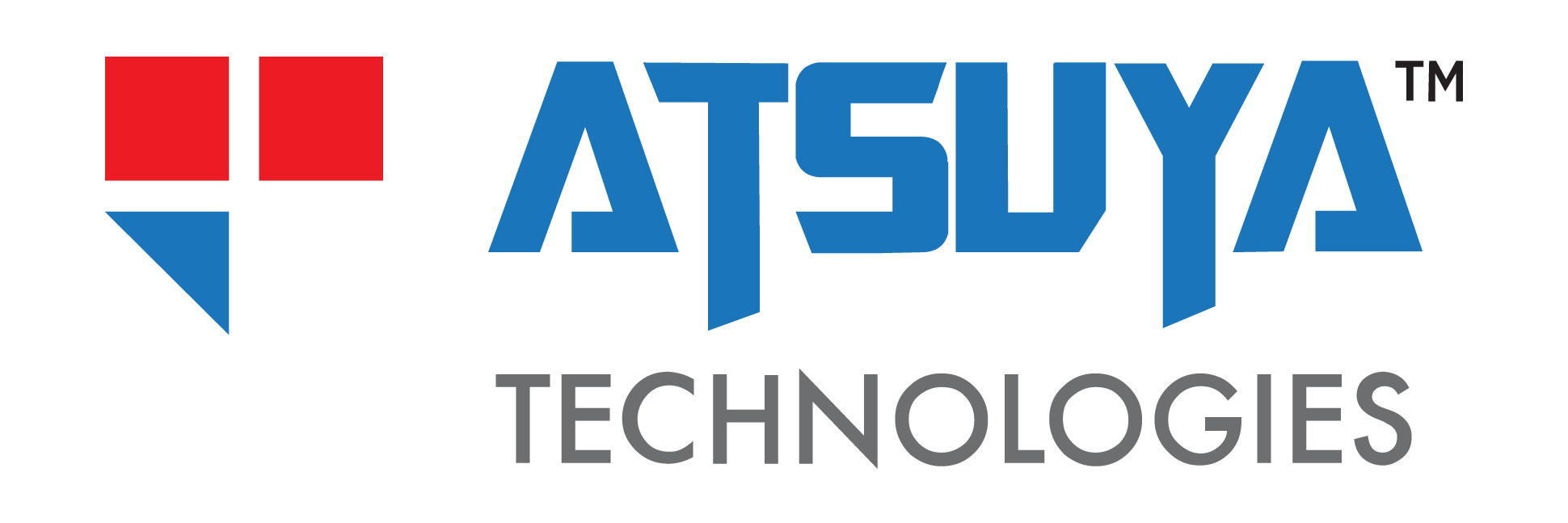
Thanks to the rapidly growing awareness of the environmental and social impacts of globalisation and the increased demand for transparency and accountability of business sustainability, countries worldwide have established reporting frameworks and guidelines to ensure companies conform to the set sustainability standards. And India is no exception.
ESG reporting was first mandated by SEBI (Securities and Exchange Board of India) in 2012 with the initiation of the Business Responsibility Report (BRR), the filing of which was mandatory for the top 100 companies.
Since then, ESG practices have gained popularity and today, SEBI has mandated the top 1,000 listed companies to file a Business Responsibility and Sustainability Report (BRSR). This mandate aligns with India’s goal of achieving its net zero emissions target by the year 2070.
The Key Components of BRSR
Business Responsibility and Sustainability Reporting is a framework for companies to disclose their ESG practices and performance. Companies that fail to file their BRSR report will be subjected to penalties and fines by SEBI. The reporting framework is in line with global sustainability standards and frameworks like the United Nations Global Compact (UNGC) and the Global Reporting Initiative (GRI).
Globally considered one of the most comprehensive ESG reporting frameworks, BRSR reporting focusses mainly on the following topics:
Environmental aspect: This involves reporting numbers on resource consumption like energy and water, greenhouse gas emissions, steps taken toward pollution control, and waste management.
Social aspect: This includes reporting on various initiatives with regard to employee relations, community development, diversity, etc.
Governance aspect: The company is required to provide insights on factors like risk management, anti-corruption initiatives, board composition, and more.
The Principles of BRSR Reporting
SEBI introduced the BRSR framework in 2021. In 2023, a revised version called the ‘BRSR Core’ was rolled out to ease investor compliance and facilitate transparent reporting. The BRSR Core comprises a set of Key Performance Indicators (KPIs) or metrics under 9 ESG attributes and additionally, a few new KPIs with regard to the marketing context.
The following are the 9 attributes – or principles as they are popularly known – that the BRSR requires companies to comply with:
1. Businesses should showcase transparency not only in their operations but also while reporting on their ESG performance.
2. Businesses should ensure they produce and deliver goods safely and more sustainably. This can include circularity, recycling, life cycle assessments, etc.
3. It is essential that businesses promote the well-being of employees, including those in their value chain.
4. Businesses should showcase utmost respect to stakeholders and their interests.
5. Businesses should see to it that they take steps to protect the environment through mindful consumption of resources and monitoring the same consistently to make amends.
6. Businesses should also focus on promoting human rights by training employees on human rights issues and through fair compensation.
7. Businesses should be responsible and transparent in the number of affiliations with trade and industry associations, details of public policy positions supported by the company, and more while influencing public and regulatory policy.
8. Businesses should also provide opportunities for all, promoting inclusive growth and equitable development and contributing to the sustainable development of the communities they operate in.
9. Lastly, businesses must look at providing value to their customers and engaging with them responsibly. Having effective consumer complaint and feedback mechanisms, cyber-security and data privacy policies, etc., can contribute to this principle.
These are the 9 principles SEBI has incorporated into the BRSR framework. These are parameters on which companies are required to report. It is noteworthy that companies can always choose to follow other frameworks outside of the BRSR, like the Global Reporting Initiative (GRI) or the Sustainability Accounting Standards Board (SASB). However, they need to also ensure that these reporting frameworks also comply with the various BRSR requirements.
The next section will discuss how to achieve BRSR-preparedness.
How to become BRSR/ESG-ready?
It is essential for companies to start preparing for ESG compliance and BRSR filing well in advance in order to be successful. Firstly, business owners need to conduct a comprehensive assessment of their ESG performance and discuss with stakeholders to develop a sustainable strategy they can comply with. Next, they need to identify the various ESG risks and opportunities and build strategies to mitigate risks.
Getting ready for BRSR reporting also involves measuring sustainability performance consistently and reporting on the same on time. However, the key to becoming a BRSR-ready company is to keep continuously working on improving the company’s sustainability performance and updating their company’s sustainability strategies as and when required.
The role of data cannot be overlooked in the process of becoming ESG-ready and filing your BRSR report. The key to a successful BRSR campaign lies behind how you leverage the power of data to learn about your business’s ESG performance. A data-driven understanding of your environmental, social, and governance metrics will help you formulate and update the sustainable strategies that will help your organisation become ESG compliant.
With the ESG compliance mandate in place, there are several firms offering ESG platforms and expert ESG consulting services. Companies can take the help of such firms to successfully incorporate sustainability in their operations and become more ESG-ready.
At Atsuya, we offer AOneTM – a comprehensive ESG platform that will help you consistently measure your resource-related metrics and help you generate timely reports. Coupled with expert guidance from our in-house sustainability specialists, you will be able to achieve your ESG goals and file your company’s BRSR report successfully.
For more details, visit atsuyatech.com/home-page/esgsolutions/ or mail us at marcom@atsuyatech.com.




